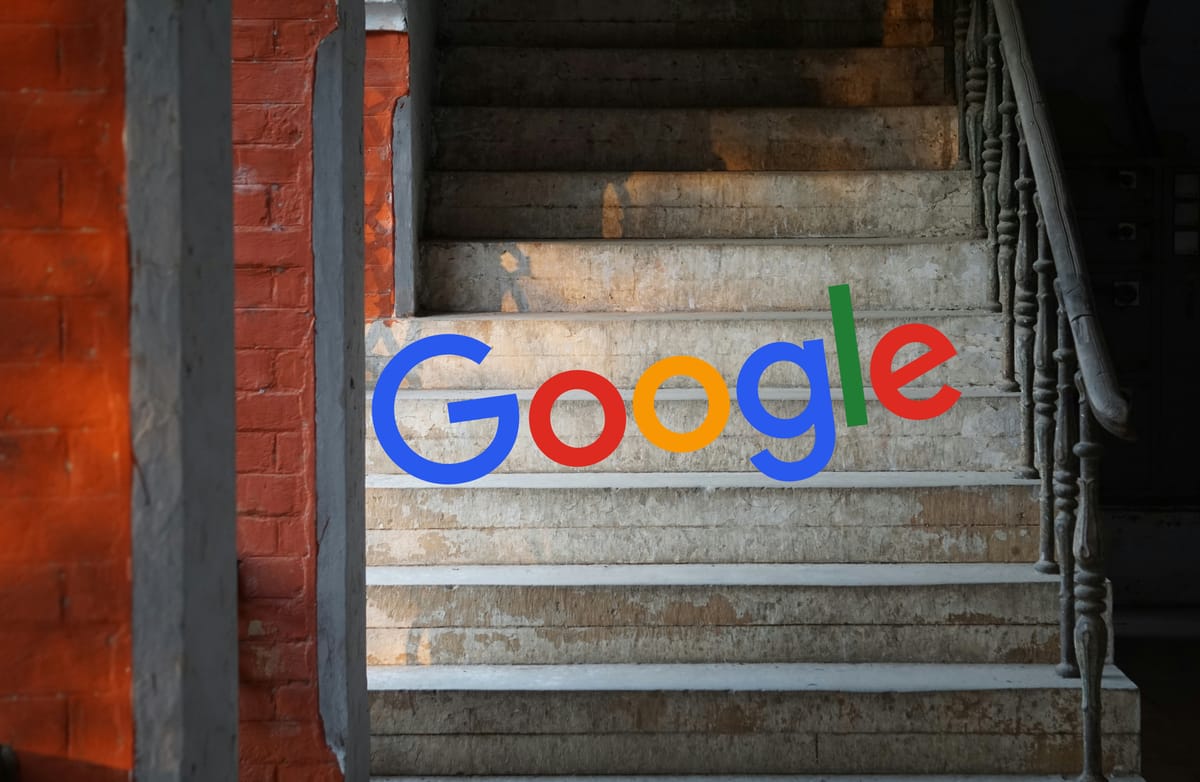Google is on the naughty step
Its search engine is a monopoly — and Google is guilty of abusing that.

Tsk tsk. Google just got its metaphorical behind handed to it in a monopoly case in the US:
[The judge] also wrote that the DOJ's indirect evidence "easily establishes Google’s monopoly power in search" and concluded that "the fact that Google makes product changes without concern that its users might go elsewhere is something only a firm with monopoly power could do."
More to the point, it established that Google breaks the rules that govern monopolies in the US. (Being a monopoly isn't illegal; abusing that monopoly is.) In particular, the Department of Justice is concerned that Google is the default search engine on both major mobile platforms: iOS and Android. Android because Google owns it, iOS because Google pays Apple billions (literally) to be the default.
Will that change?

There will be two parallel tracks for a while: the DOJ will start working on remedies, while Google appeals the verdict. And all of this comes at a very volatile time in the search world, as the AI insurgents start gunning for Google's business, and the search monopolist tries to adapt itself to survive.
Other news that came out recently suggests that the new breed of AI-infused search engine aren't yet having a significant impact on Google's search volumes:

Of note is the fact that people using AI search engines tend to use them more than Google users use that search engine. Again, watching brief time.
Google Search Console gets even more useful
Those who've worked with me on SEO know how much I value Google Search Console: if you're smart, you can get much more value out of it than the paid tools. Well, now you don't need to be quite so smart, as Google is starting to recommend changes you need to make in Search Console:

It's an experimental feature at the moment, and it's not available to me on any of the sites I own or work with, but worth keeping an eye out for.
X: Pay to Stream
It's a rule of the Muskian version of Twitter that anything useful will eventually become part of the paid version of the product: analytics, Tweetdeck and so on. Well, add live-streaming to that list:
⏩Starting soon, only Premium subscribers will be able to livestream (create live video streams) on X. This includes going live from an encoder with X integration. Upgrade to Premium to continue going live. https://t.co/4uy4Ju0cmU
— Live (@Live) June 21, 2024
It's an interesting equation: the costs of using X are going up, even as the value of using it declines…
44% of Substack newsletters are inactive
Ciler Demiralp is working on an analysis of 75,000 Substack newsletters, and found that many of them are inactive:
44% of all newsletters sent their last issue before April 1st, indicating a potential of over 33,000 inactive newsletters.
What is even more striking is that almost half of those potential inactive newsletters can be classified as new launches. So, they joined the newsletter graveyard shortly after the launch.
No big surprises there: any platform that allows you to launch something for free and which requires effort to maintain it sees figures like this: look at Blogger or WordPress.com. What's more interesting is how many publications have seemingly big subscriber bases — I'd love to know how many of those are actually active readers, though…
(It's on my mind at the moment, as I'm about to go through my bi-annual purge of readers who never open the newsletter.)

(Her site seems to be going through a rebuild right now - but it's probably worth signing up for the report waitlist.)
[via CJ Chivers]








